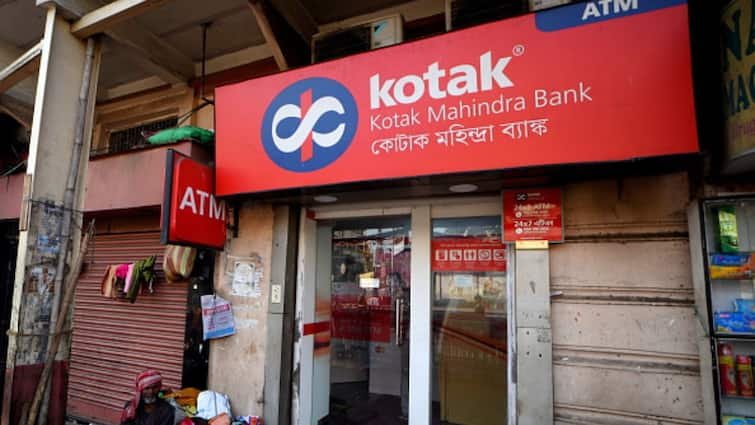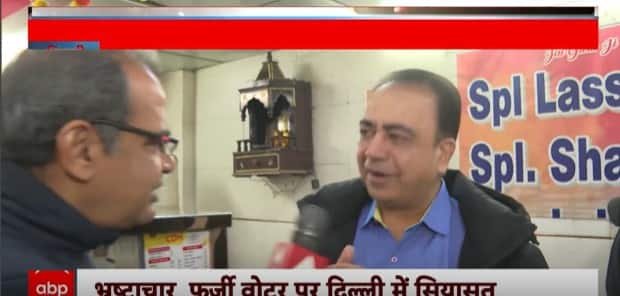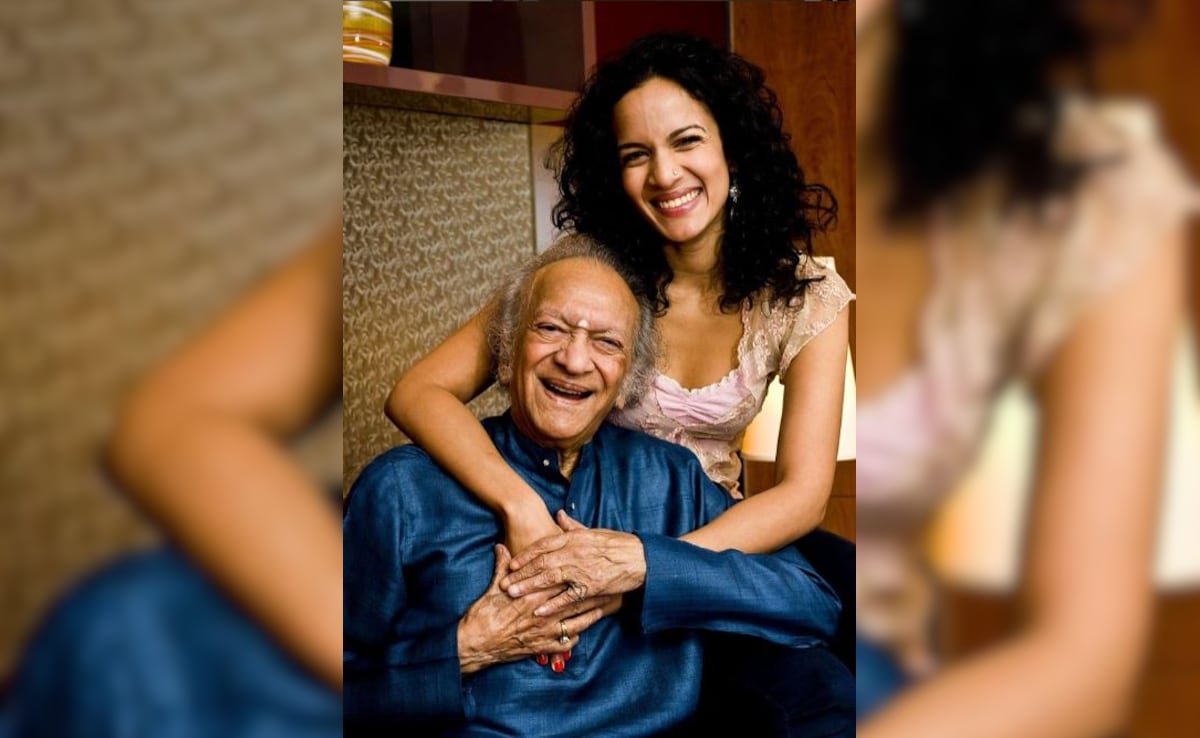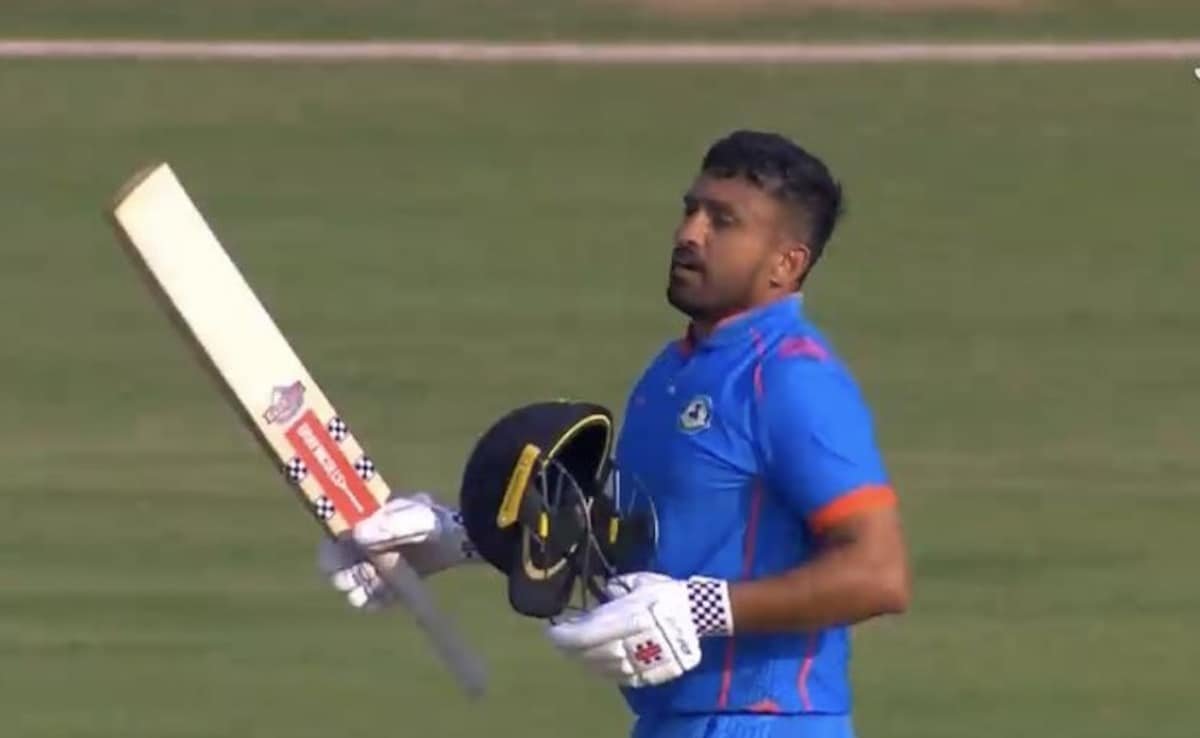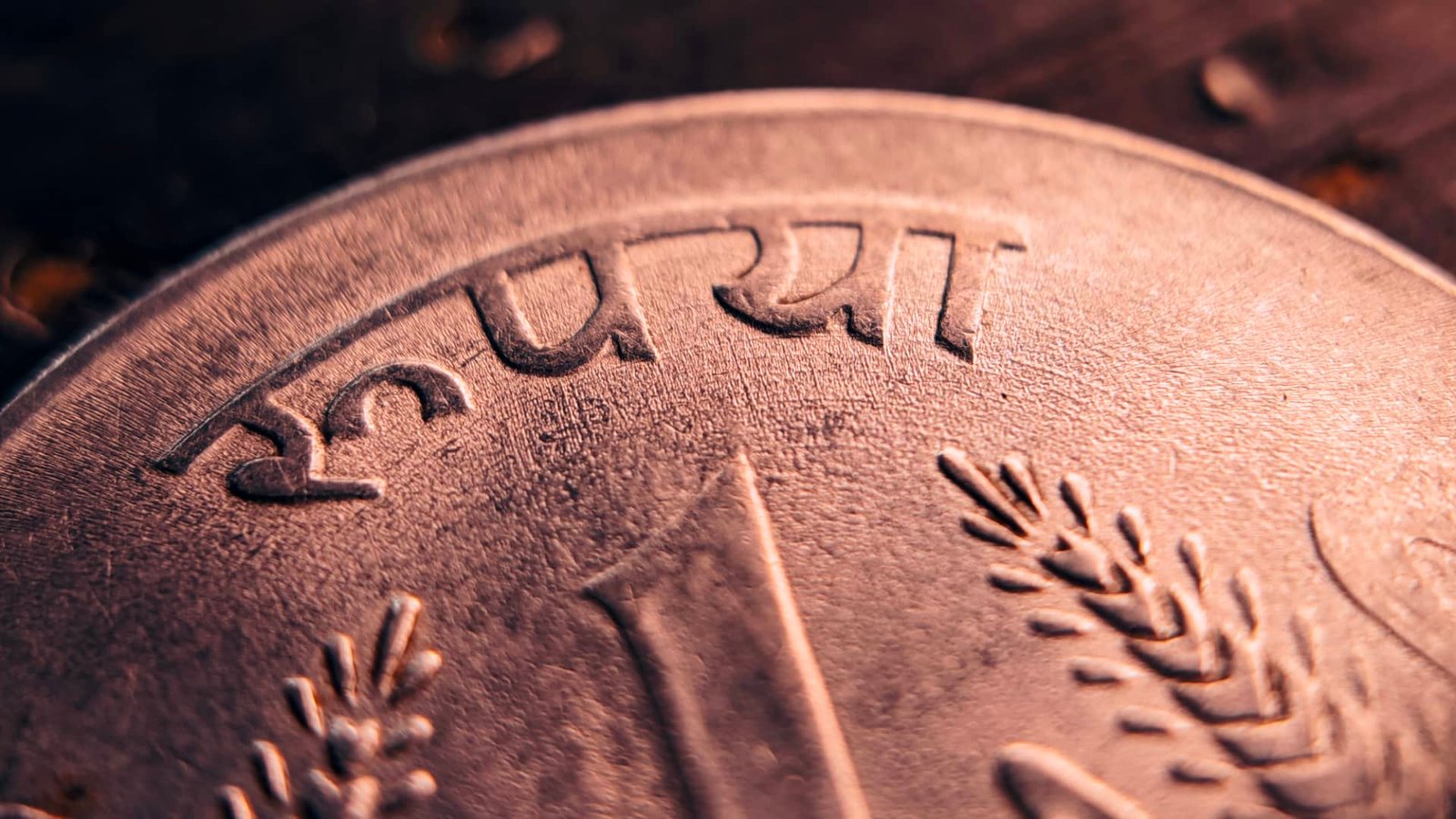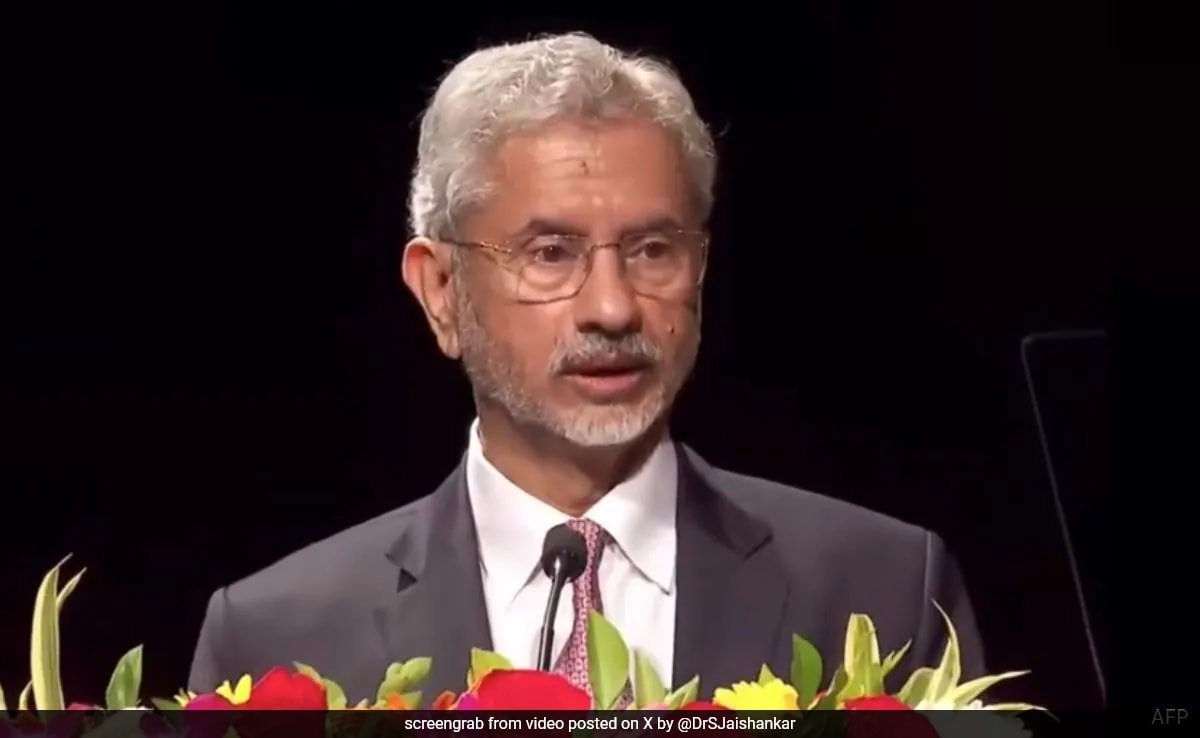The Madras High Court on Thursday (October 10, 2024) restrained the Tamil Nadu Hindu Religious and Charitable Endowments (HR&CE) Department, as well as the administrators of Sathya Gnana Sabai at Vadalur in Cuddalore district, from constructing a Vallalar International Centre (VIC) on the Peruveli land, from where devotees take a glimpse of Arutperum Jothi, an ever-glowing lamp lit by Saint Vallalar.
A Division Bench of Justices R. Suresh Kumar and S. Sounthar, however, permitted the HR&CE Department officials and others to construct an old-age home, Siddha clinic, and such other facilities on Site B, located about a kilometre away from the Peruveli land. They passed the interim orders on a batch of writ petitions filed against the construction on a portion of the said land.
“The HR&CE Department and the Vallalar temple trustees shall not proceed to make any constructions on Site A as proposed by them pursuant to Government Order No. 361 issued on October 5, 2023… However, the department and the trustees can proceed to make constructions as proposed at Site B,” the Bench said, and decided to hear the case further on October 17.
The State government had decided to construct the VIC at a cost of ₹99.99 crore on 3.18 acres out of the 71.20 acres of land in the possession of Sathya Gnana Sabai. Opposing the move, the petitioners contended before the court that the VIC could be constructed elsewhere but not on the Peruveli land, where a large number of people gather to witness the Arutperum Jothi.
It was brought to the notice of the court that Sri Ramalinga Swamigal, popularly known as Saint Vallalar, was born in 1823 and founded the philosophy of Samarasa Sudha Sanmarga Sathya Sangam in 1865. During his lifetime, several people followed his divine philosophy and donated large tracts of land to him. A considerable extent of these lands had been encroached now.
The petitioners also said that Saint Vallalar constructed a Satya Dharma Sabai, for feeding the poor, in 1867 and Satya Gnana Sabai, meant for meditation, in 1872. The rest of the lands were left open as Peruveli and were intended for the gathering of devotees to witness the Arutperum Jothi, a lamp that he lit during his lifetime and continues to glow since then without a break.
On the other hand, the State government told the court that Saint Vallar had authored a book titled Thiru Arutpa Urainadai Paguthi , and in that, under a section titled Kilai Salaigal, he had provided a visionary blueprint for eight distinct service centres at the Satya Dharma Salai located on the property, but had established only two of them during his lifetime.
He wanted a dharma sabai (a dining centre), vaidya sabai (healthcare centre), sastra sabai (educational centre), upakara sabai (home for the elderly), viruthi sabai (a centre focused on community development), upasana sabai (a place for spiritual gathering), yoga sabai (meditation centre), and vivagara sabai (auditorium) to be established on the donated lands.
Since only two of those centres were established by him, the government had now decided to spend nearly ₹100 crore to construct the remaining six centres as the key components of the VIC, which would consist of a meditation hall, a museum exhibiting the history of Vallalar, a large auditorium for listening to discourses, an old-age home, a digital library, and so on, it said.
Though the entire cost of the construction was to be borne by the State government, the property would always vest with the Tiru Arutprakasa Vallalar Deiva Nilayam, which manages the Sathya Gnana Sabai, and no hindrance would be caused because of the VIC to those who throng the site for taking a glimpse of the Arutperum Jothi, the government contended.
However, the Division Bench ordered that the constructions proposed on Site A need not be proceeded with until further orders.
Published – October 10, 2024 01:35 pm IST

